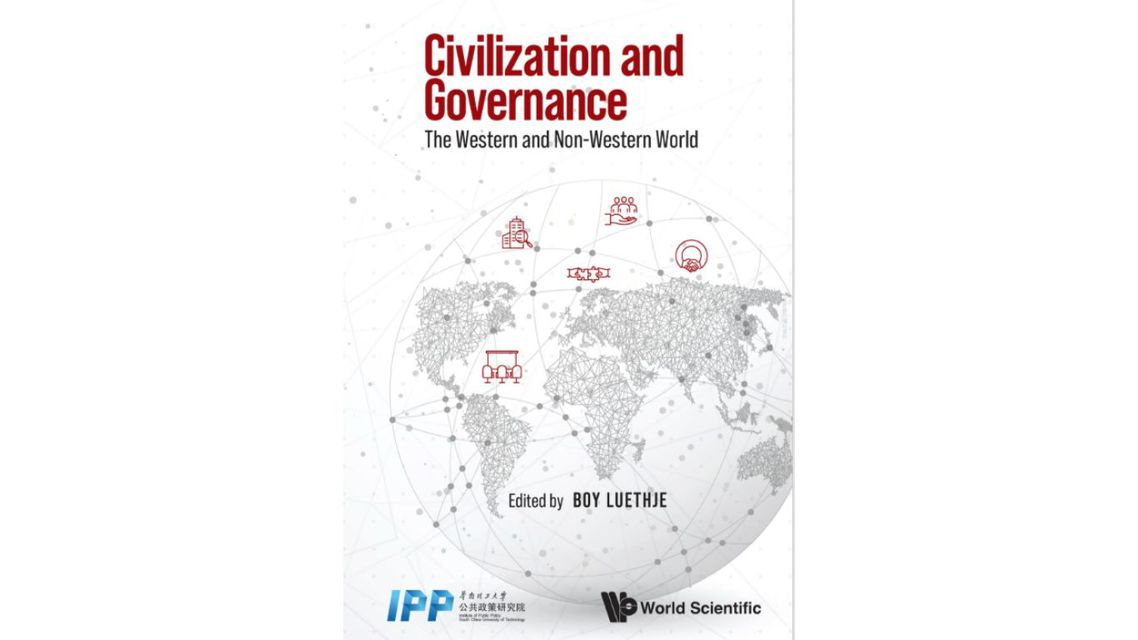
【About the book】
The rapid rise of emerging economies has produced deep-ranging changes in the global order during recent decades. At the beginning of the twenty-first century, the bipolar confrontation of the Cold War seemed to be replaced by a universalized model of political liberalism and economic neo-liberalism. In recent years, however, rising nationalism and protectionism indicate the end of unfettered globalization, a looming crisis of liberal democracy, and a return to ideologies of systemic competition, especially vis-a-vis China. Against this background, this volume takes a fresh look at the evolution of governance models in Western and non-Western civilizations — Africa, India, China, and the Muslim world in particular. These models have been largely self-contained and without intensive interaction for a long time. In the wake of globalization, systems, ideologies, and political values have become part of global discourse, eventually turning into what Samuel Huntington called a clash of civilizations. The chapters in this volume offer perspectives on the diversity of civilizations of governance as a base for a new multilateralism in the global context. The contributions explore relevant theoretical concepts of transnational governance, law, and multiple modernity. The empirical focus is on analyzing different governance systems in non-Western civilizations and Europe, including national states and transnational institutions, traditions, and networks. The volume assembles papers presented at the 2019 International Conference of the Institute of Public Policy at South China University of Technology in Guangzhou, China. The contributions and the introductory framework have been updated to reflect the unexpected and unprecedented challenges from the coronavirus pandemic and the related economic and social crises.
【Contents】
About the Editor
Introduction
Civilization, Globalization and Models of Governance:
International Law in a Transcivilizational World? Tensions Between International Law and Civilization (Anthony P Spanakos)
Fragile Nation-States Need a Stronger United Nations — Weak, Not Strong, Nation-States Threaten Future Peace and Security: Why We Must Strenghten Nation-States and Expand the Powers of the United Nations (Michael von der Schulenburg)
Europe: Transnational Governance and the Resurgence of Nationalism:
Governance Disputes in the West Culture and Politics (Thomas Mayer)
Europe's Governance in Crisis: Politicization and Adaption (Detlef Sack and Aanor Roland)
Crisis and Changes of Government in the Non-Western World:
After the Third Wave: The Global Crisis of Democracy and the Future of Governance of Africa (Peter Kagwanja)
Escalating Legitimacy Crisis: Dwindling Political Authority and Pursuit of Justice in Islamic, National, and Global Arenas (Robert R Bianchi)
Political Succession, Liberalization, and Economic Development in Syria (Ammar Shamaileh)
Governing Islamic Finance in the Muslim World (Fulya Apaydin)
The Indian Tradition: Mahatma Gandhi and Localizing Governance (Bidyut Chakrabarty)
China's Model of Governance:
The Party-Directed Chinese Governance Model: How to Explain the China Puzzle (Kjeld Erik Brødsgaard)
The Institution Logics of Governance in China (Xueguang Zhou)A New Interpretation of China Model: In the Search of Mixed Governance in Contemporary China (Baogang He)
Index
【Details】
ISBN:9811256144
ISBN-13:9789811256141
Author:Boy Luethje
Publisher:World Scientific Publishing Co Pte Ltd
Year:2022
Format:Hardcover
Imprint:World Scientific Publishing Co Pte Ltd
Place of Publication:Singapore
Country of Publication:Singapore
Edited by:Boy Luethje
Pages:320
Publication Date:2022-12-20
DEWEY909AudienceTertiary & Higher Education





